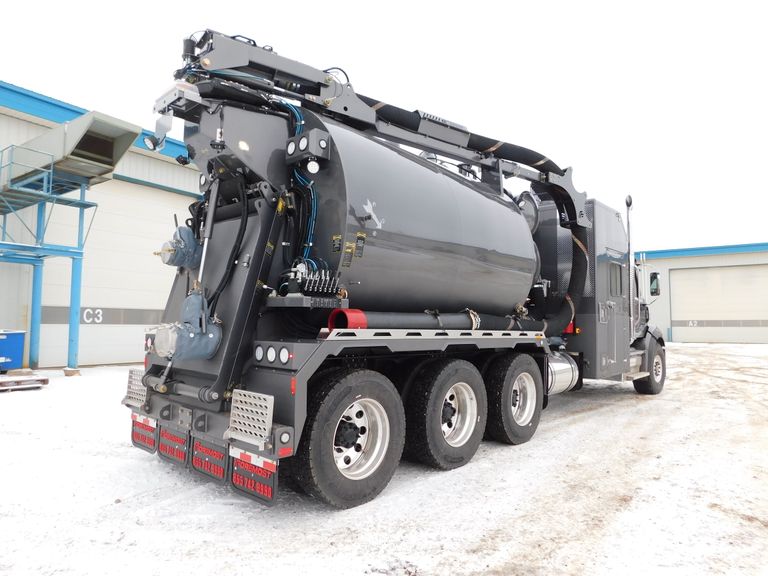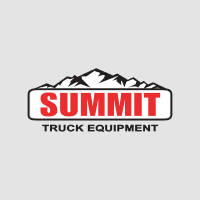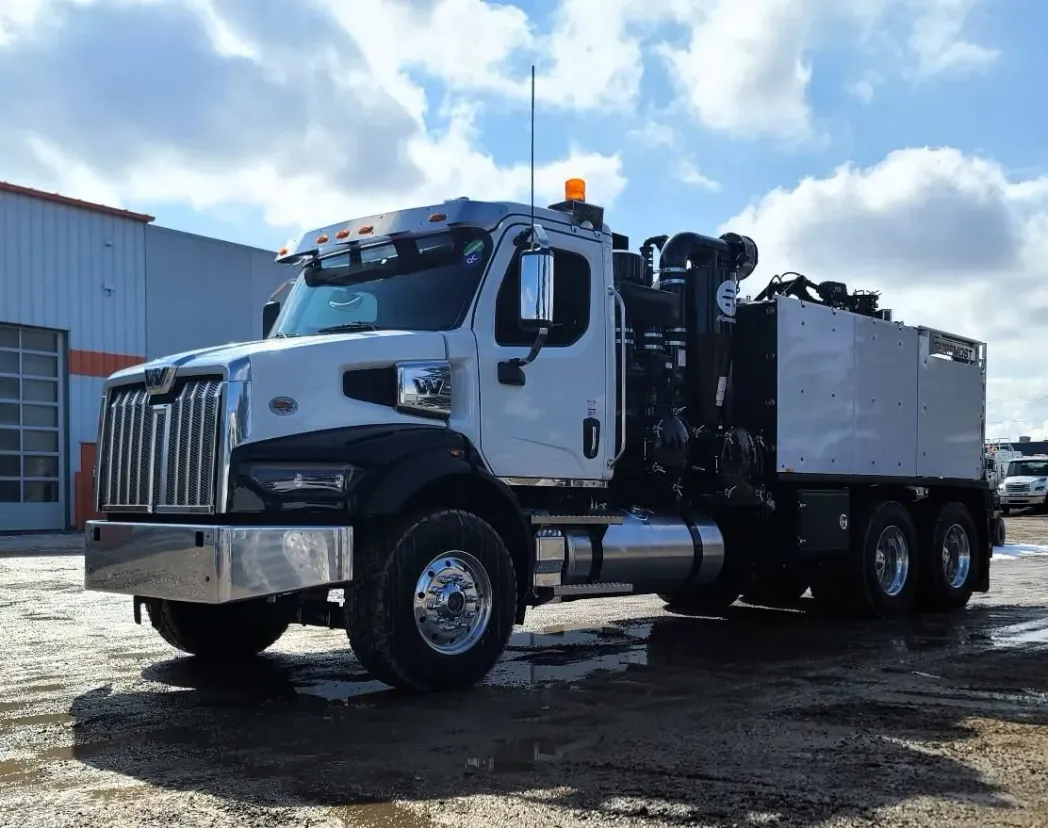Financing a Hydrovac: 7 Things You Should Know

Buying a hydrovac truck is a big investment, but it doesn’t have to be a headache. With the right financing plan, you can make a budget-friendly move while putting your new high-end, powerful equipment to work. Whether upgrading your fleet or buying your first truck, check out seven helpful things to know before you research and purchase your next hydrovac.
1. Starts with your credit
Before any lender talks numbers, they’re going to check your credit score. A stronger credit score helps you qualify for better rates and longer loan terms. If your credit’s not perfect, that’s totally fine. You might see higher interest or shorter terms, but being upfront about your financials helps the whole process go much smoother.
Credit scores typically come from one or more major bureaus: Experian, Equifax, or TransUnion. Most lenders categorize credit into tiers like excellent, very good, good, fair, or poor. Also, keep in mind that applying for financing usually involves a hard credit inquiry, which can knock a few points off your score.
2. Down payments are usually required
Most hydrovac financing deals include a down payment. How much depends on your credit, but somewhere between 10 and 20 percent is pretty typical. Some lenders might offer no-down options if your credit or collateral is good, but it's smart to have cash set aside either way.
3. New versus used makes a difference
Financing a new hydrovac can get you better loan terms, especially if there’s a dealer promotion running. Buying used can save you money upfront, but it might mean a higher interest rate or a shorter loan term. The key is finding the right balance between overall cost and what fits your budget best. New units may also include a manufacturer’s warranty, adding extra peace of mind. On the other hand, used trucks might come with more repair or maintenance costs due to wear and tear, so be sure to factor that into your decision.
4. A track record helps
Longevity is a plus. The longer your business has been around, the easier it is to get approved. Lenders see experience as a sign of reliability. Newer companies can still qualify but may need a co-signer or stronger paperwork to back them up. They may also need to offer additional collateral or a larger down payment to improve their chances of approval.
5. There’s more than one financing path
You’re not limited to traditional loans. Depending on your needs and goals, leasing might make more sense. Equipment leases can offer lower monthly payments and flexible terms, especially if you plan to upgrade your hydrovac more than once. Common options include TRAC (Terminal Rental Adjustment Clause) leases, which are great for businesses planning to own the truck at the end, and FMV (Fair Market Value) leases, which offer lower payments and end-of-term flexibility. Installment leases may also be available.
6. Consider your options
Buying isn’t the only way to get your hands on a hydrovac. You can also go with a lease instead, since it can come with lower monthly payments and make it easier to switch trucks down the line, if you decide to make a change. Budget out, double-check, and understand the full cost over time and what happens when the lease ends.
7. Work with someone who knows your industry
Not all lenders understand the ins and outs of vacuum trucks or excavation work. That’s why working with a team like Transwest can make all the difference. Our financing experts know what hydrovac buyers need and can help tailor a loan or lease that fits your operation.












Share
Email
Facebook
SMS
Twitter